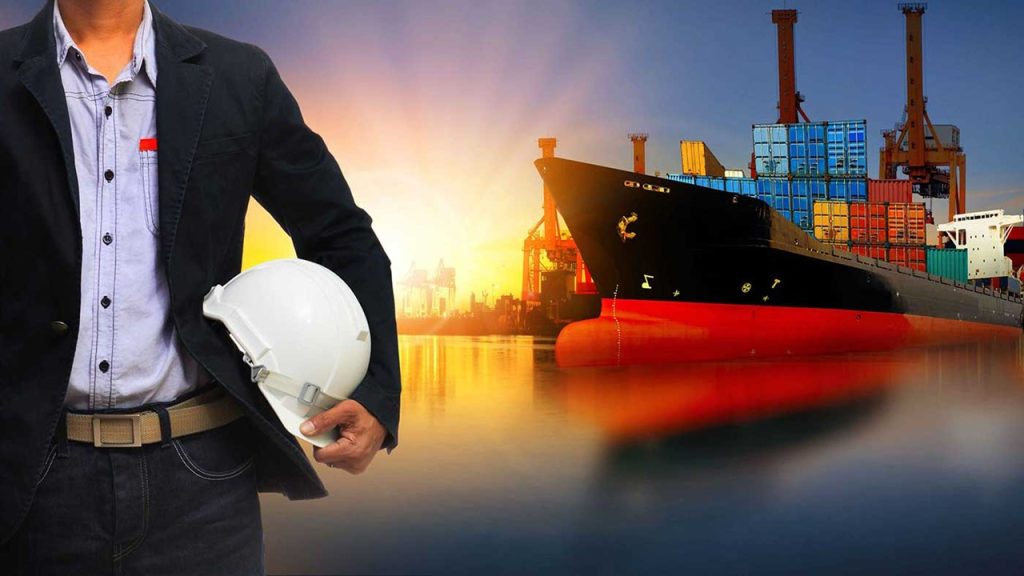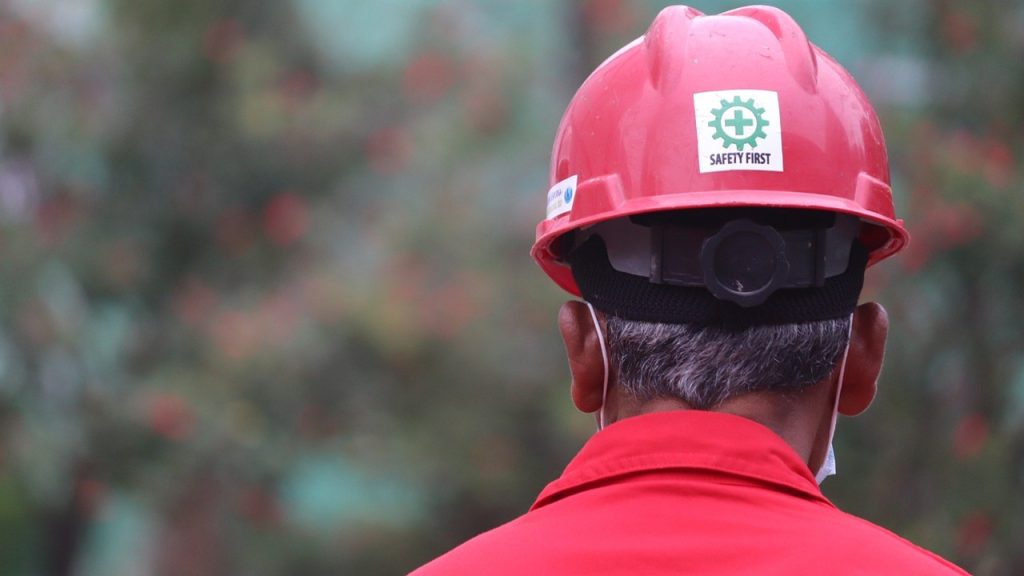Shipping companies play a vital role in the Philippines’ bustling economy, handling the transportation of goods both domestically and internationally. However, amid the demanding nature of this industry, ensuring safety and security has become paramount for these companies. From navigating treacherous waters to protecting valuable cargo from theft or damage, shipping companies must adopt stringent safety measures to safeguard their operations. In this article, we will explore essential tips and best practices that shipping companies in the Philippines can implement to enhance safety standards and protect their assets.
Click here to view our accreditations and safety standards.
The Importance of Safety in Shipping Companies in the Philippines
Safety is a crucial aspect of any shipping company in the Philippines, as it not only protects the employees and crew members but also ensures the smooth operations of the business. Shipping companies in Manila, Cebu, Cavite, Davao, or Subic Bay need to prioritize safety in order to prevent accidents, protect valuable cargo, and maintain their reputation. A strong safety culture should be ingrained into every aspect of a shipping company’s operations, including hiring practices, training programs, and regular inspections of equipment and vessels.
One major reason why safety is important in shipping companies is to prevent accidents at sea. The maritime industry can be unpredictable and dangerous, but implementing strict safety protocols can significantly reduce the risk of accidents occurring. This includes ensuring that ships are well-maintained and equipped with proper safety equipment such as life jackets and fire extinguishers. Additionally, regular training sessions for crew members on emergency procedures can greatly enhance response times during critical situations.
Another important aspect of safety in shipping companies is protecting valuable cargo from damage or loss. Accidents or mishaps during transportation can lead to financial losses for both the company and its clients. Implementing rigorous inspection procedures before loading cargo onto vessels can help identify potential risks or hazards that may compromise the integrity of the goods being transported. Additionally, having proper systems in place like GPS tracking devices and security measures can deter theft or unauthorized access to shipments.
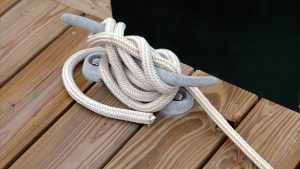
Compliance with International Safety Regulations
Complying with international safety regulations is not just a legal obligation for shipping companies in the Philippines, it is also crucial for maintaining a positive reputation and ensuring the safety of both crew members and cargo. By adhering to these regulations, companies can demonstrate their commitment to responsible and ethical practices while also assuring customers that their shipments are being handled with utmost care.
One key aspect of compliance is regular inspection and maintenance of vessels. This includes checking life-saving equipment, fire suppression systems, navigation systems, and hull integrity. By conducting thorough inspections, shipping companies can identify any potential risks or shortcomings before they become major issues. Additionally, implementing a robust training program for crew members on emergency response procedures enhances preparedness in case of unforeseen circumstances.
It is worth noting that compliance with international safety regulations like the International Management Code for the Safe Operation of Ships and for Pollution Prevention (ISM Code) goes beyond just following minimum requirements. Companies should strive to constantly improve safety measures by incorporating new technologies and best practices. Regularly reviewing and updating safety protocols ensures that shipping companies in the Philippines remain at the forefront of industry standards. Embracing innovation can lead to enhanced operational efficiency while providing an added layer of protection for crew members and cargo.
Complying with international safety regulations is not just about meeting legal requirements; it’s about safeguarding lives, protecting assets, and building trust within the industry. Shipping companies in the Philippines should view this as an opportunity to prioritize safety rather than a burden or inconvenience. By investing in stringent compliance measures today, they will reap long-term benefits tomorrow.
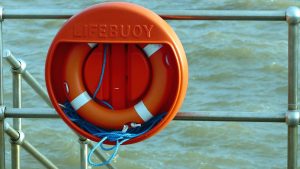
Proper Training for Filipino Personnel and Crew Members
Proper training for Filipino personnel and crew members is essential for maintaining safety in shipping companies in the Philippines. This training should focus on various aspects such as emergency preparedness, equipment handling, and compliance with international standards.
One important aspect of training is to ensure that all crew members are well-versed in emergency procedures, including evacuation plans, fire drills, and first aid protocols. In a high-risk industry like shipping, being prepared for emergencies can mean the difference between life and death. By conducting regular drills and providing hands-on training, companies can ensure that their personnel are well-prepared to handle any unforeseen situations.
Moreover, proper equipment handling is vital to prevent accidents and injuries onboard. Crew members should be trained on how to use safety gear correctly, whether it’s personal protective equipment or operating heavy machinery. Regular refresher courses should also be provided to update employees on new tools or techniques that could enhance safety measures.
Investing in comprehensive training programs for personnel and crew members in the Philippines not only reduces the risk of accidents but also enhances operational efficiency by promoting a culture of safety within the company. It demonstrates a commitment towards employee welfare while safeguarding the reputation of the business in an industry where safety is paramount.
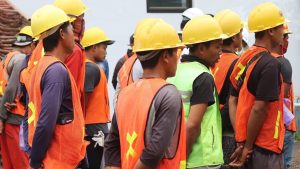
Regular Maintenance and Inspection of Vessels and Equipment
Regular maintenance and inspection of vessels and equipment in the Philippines are crucial for ensuring the safety and efficiency of a shipping company’s operations. These procedures not only help prevent accidents or failures but also contribute to the overall longevity and reliability of the assets.
One fresh perspective on this topic is embracing technological advancements in maintenance practices. With the rise of automation and Internet of Things (IoT) devices, shipping companies can implement remote monitoring systems that provide real-time data on the condition of their vessels and equipment. This allows for proactive maintenance, as potential issues can be identified early on before they develop into more significant problems.
Another important aspect to consider is adopting a holistic approach to maintenance and inspection, which includes regular training programs for crew members. By educating sailors about proper care routines, they become active participants in maintaining equipment integrity while enhancing their own skill set. Encouraging open communication channels among crew members can also help identify areas that may need more attention or improvement, further maximizing safety measures.
Integrating new technologies with traditional maintenance practices provides an innovative way forward for shipping companies in ensuring vessel and equipment safety. Moreover, by promoting a culture of active involvement among crews through training programs and open dialogue, companies can elevate their safety standards even further. Prioritizing regular inspections will not only minimize operational risks but will also guarantee long-term success within the industry.

Emergency Preparedness and Response Protocols
When it comes to emergency preparedness and response protocols, shipping companies in the Philippines need to be especially vigilant. As a country prone to natural disasters like typhoons and earthquakes, having robust protocols in place is crucial for minimizing risks and ensuring the safety of crew members and cargo. Implementing regular emergency drills and training programs can significantly enhance preparedness levels within a shipping company. These drills should simulate various emergency situations such as fires, severe weather conditions, or medical emergencies to ensure that all crew members are well-versed in the appropriate actions to take.
One often overlooked aspect of emergency response protocols is effective communication systems. Shipping companies should prioritize investing in reliable means of communication during emergencies, such as satellite phones or radios with international coverage. Additionally, establishing clear channels of communication between ship personnel, management teams ashore, ports, and relevant government agencies can facilitate prompt coordination and timely assistance during crisis situations.
Having an updated list of emergency contacts is also essential for smooth response operations. This list should include local authorities responsible for search-and-rescue efforts, medical facilities near ports of call, towing services if needed due to mechanical failure or grounding incidents, as well as representatives from maritime regulatory bodies who can provide guidance on legal obligations during emergencies.
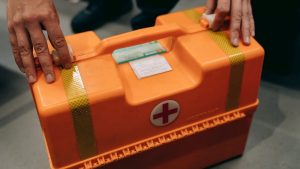
Collaborating with Local Authorities for Safety Measures
Collaborating with local authorities is essential for shipping companies operating in the Philippines to ensure the safety of their operations. By working hand in hand with the local government, companies can benefit from their expertise and resources, leading to a more proactive approach towards safety measures. Local authorities like the MARINA have a deeper understanding of the region’s geography, climate patterns, and potential risks, which allows them to provide valuable guidance on safety protocols tailored specifically to the area.
In addition to expert knowledge, collaborating with local authorities also strengthens communication channels between shipping companies and relevant government agencies. This close partnership enables quick dissemination of important information, such as weather updates or any changes in regulations that could impact maritime activities. By staying informed through collaboration, shipping companies can better anticipate potential challenges and take necessary preventive measures ahead of time.
Furthermore, collaborating with local authorities not only benefits individual shipping companies but also contributes to the overall safety and security of the entire maritime industry in the Philippines. By sharing data and insights on best practices for risk management and emergency response protocols, this collaborative effort helps establish a unified approach toward ensuring safe operations for all stakeholders involved. It fosters an environment where transparency is valued and collective efforts are focused on mitigating potential maritime hazards effectively.
Collaborating with local authorities is crucial for shipping companies as it helps them navigate through complex safety challenges by harnessing expert knowledge and facilitating effective communication channels.

Full Speed Chartering and Shipping Agency Inc. (FSCSAI) Safety Policies and Accreditations
Full Speed Chartering and Shipping Agency Inc. (FSCSAI) stands out in the shipping industry with its strict safety policies and accreditation from MARINA, the Maritime Industry Authority of the Philippines. The company believes that safety should always be a top priority in any shipping operation. Their commitment to safety is evident in their well-trained crew members, a modernized fleet of ships, and adherence to international maritime standards. FSCSAI understands that even the smallest negligence or oversight can have severe consequences at sea, and they leave no room for error when it comes to ensuring the safety of their crew, passengers, and cargo.
- Email us: info@fullspeedchartering.com
- Call our 24-hour hotline: +63 9285081021
- Viber: +63 9285081021
- WhatsApp: +63 9285081021
- Facebook Messenger: Click here
- Click here to inquire
One aspect that sets FSCSAI apart from other shipping companies in terms of safety is its constant focus on training and education. Crew members undergo rigorous training programs which include mock drills, emergency response simulations, and first aid courses. By continuously honing their skills, FSCSAI’s crew members are better equipped to handle any unexpected situation that may arise during a voyage.
With MARINA and ISM Code under its belt, Full Speed Chartering and Shipping Agency Inc.’s commitment to safety receives a stamp of approval from one of the most reputable marine regulatory bodies in the Philippines. This recognition adds an extra layer of trust for clients who prioritize safe transportation of goods.
By upholding strict safety policies and staying up to date with industry standards through MARINA and ISM Code accreditations, Full Speed Chartering and Shipping Agency Inc.
Summing Up: Safety Tips for Shipping Companies in the Philippines
In conclusion, safety should always be a top priority for shipping companies in the Philippines. With the unique challenges and risks that come with operating in this region, it is crucial to implement effective safety measures to protect both employees and cargo. By investing in proper training programs for crew members, ensuring strict compliance with international safety standards, and regularly conducting risk assessments, shipping companies can significantly minimize the chances of accidents or incidents at sea.
Furthermore, technology can play a vital role in enhancing safety within the maritime industry. Implementing real-time tracking systems and advanced navigation tools can help ships avoid potential hazards such as adverse weather conditions or dangerous waters. Additionally, using state-of-the-art equipment such as fire detection systems and emergency response plans can ensure prompt action is taken in case of emergencies onboard.
By understanding the importance of following safety guidelines and constantly striving to improve protocols, shipping companies in the Philippines can enhance their reputation while creating safer working environments for their employees. The maritime industry is an essential part of global trade networks, and prioritizing safety will not only protect assets but also contribute to sustainable growth within this sector.

